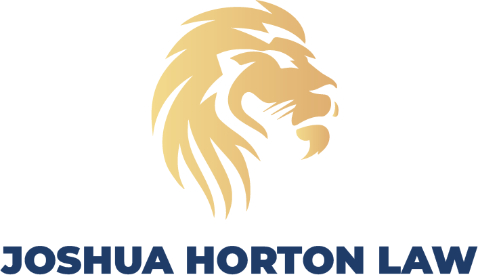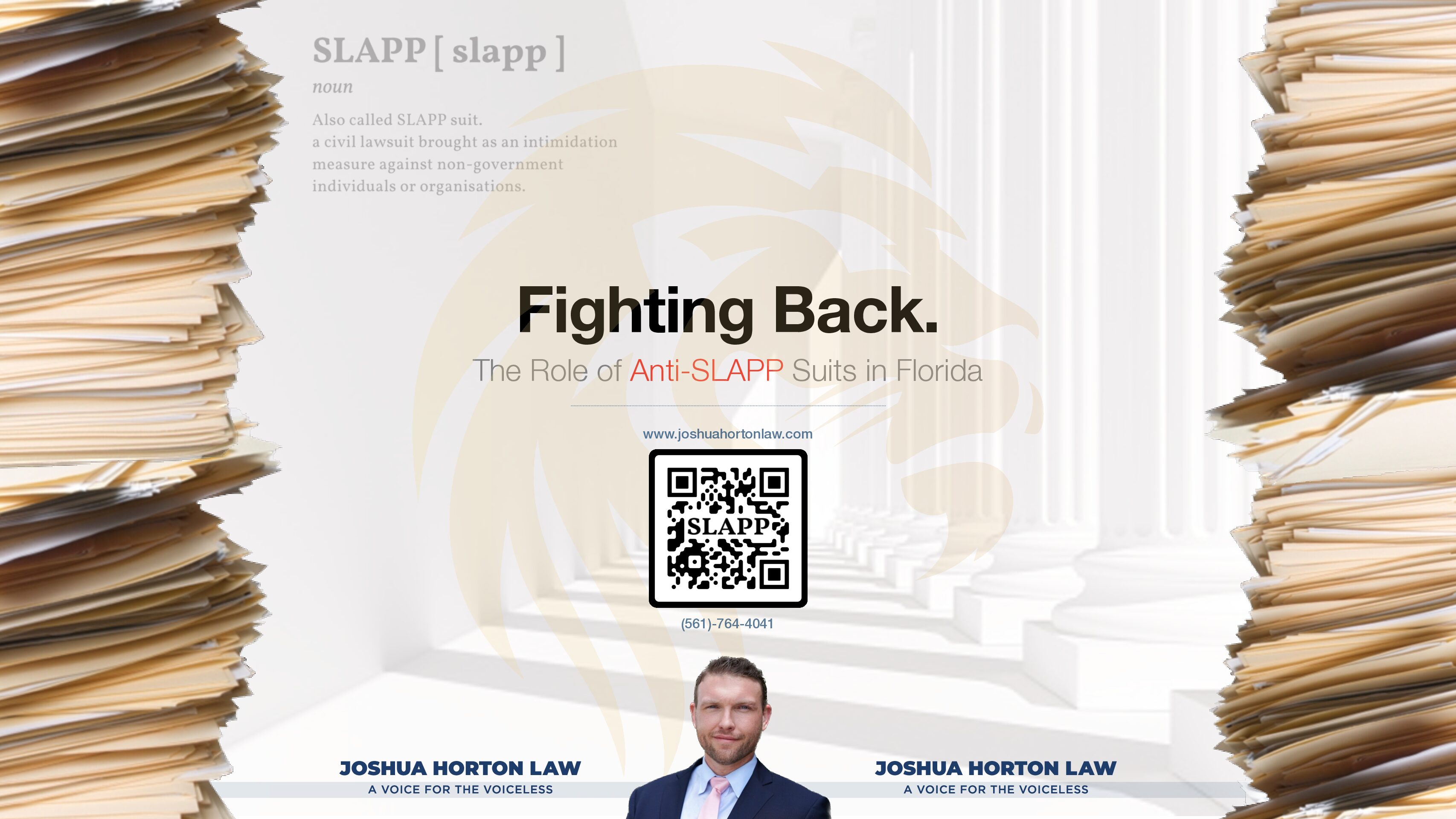In today’s society, the right to free speech and civic engagement is a cornerstone of our democracy. This right is enshrined in the First Amendment to the United States Constitution and is a fundamental aspect of our way of life. However, there are those who seek to suppress this right by utilizing frivolous and meritless lawsuits known as Strategic Lawsuits Against Public Participation (SLAPP). These lawsuits are often used to censor individuals or entities who engage in protected speech and impose upon them the burden of a legal defense.
SLAPP lawsuits can have a detrimental effect on a defendant, causing unwarranted harm and perpetuating a chilling effect on free expression and civic engagement. To counteract these deleterious effects, some jurisdictions have enacted anti-SLAPP statutes that provide for expedited resolution and protections for citizens engaged in lawful public discourse. Florida is one such jurisdiction that recognizes the importance of free speech and has enacted anti-SLAPP laws to protect its citizens from SLAPP lawsuits.
Florida’s anti-SLAPP law provides for an expedited process for dismissing SLAPP suits and awards reasonable attorney fees to the prevailing party. This helps to deter SLAPP lawsuits and protects the rights of citizens to engage in public discourse without fear of legal retaliation. In Florida, a defendant in a SLAPP lawsuit can seek relief by filing a motion to strike the complaint under the state’s anti-SLAPP statute. If the court grants the motion, the SLAPP suit is dismissed, and the defendant is awarded reasonable attorney fees. This efficient and cost-effective mechanism serves as a deterrent against the filing of SLAPP actions and helps to protect citizens’ rights to free speech and civic engagement.
Very often, SLAPP suits are used to silence clients and even attorneys with aims to silence individuals who obtain knowledge of damages or possible damages a product or procedure a business may be involved with. Under The Florida Sunshine in Litigation Act, s. 69.081, F.S, a trial court may enter an order that classifies a product as a “public hazard” if it has caused, or is likely to cause, injury to the public. A “public hazard” is defined as any device, instrument, person, procedure, or product that is likely to cause injury. The act also requires the public disclosure of confidential information related to a public hazard. For instance, in cases involving loan servicers, it has been observed that they often engage in unethical practices, such as providing incorrect information, failing to act on borrower complaints, illegally cheating borrowers out of their rights to lower payments, deceiving private loan borrowers, and causing harm to the credit of disabled borrowers, including injured veterans. These entities have also been known to use SLAPP suits to silence individuals and attorneys who aim to bring attention to these unethical practices.
The Florida Sunshine in Litigation Act serves as a countermeasure to SLAPP suits, promoting transparency and accountability in the legal system. It allows for greater public access to court records and proceedings, enabling citizens to review and inspect court records, attend court proceedings, and obtain copies of court documents. The act applies to all civil cases, including civil lawsuits, appeals, and other proceedings filed in the Florida courts, ensuring that the public has access to information about the potential harm caused by products and procedures offered by businesses.
Nevertheless, it is important to note that the protections provided by Florida’s anti-SLAPP law are not absolute and may not apply in all cases. It is advisable to consult with an experienced attorney who can advise on the applicability of these laws in specific situations. At the Joshua Horton law firm, our goal is to give a voice to the voiceless and ensure that your rights to free speech and civic engagement are protected. If you find yourself targeted by a SLAPP suit, do not hesitate to reach out to our firm. We will work tirelessly to defend your rights and ensure that your voice is heard.
In conclusion, the anti-SLAPP law in Florida is a crucial tool for protecting citizens’ rights to free speech and civic engagement. This law provides for an expedited process for dismissing SLAPP suits and awards reasonable attorney fees to the prevailing party, serving as a deterrent against the filing of SLAPP actions. Whether you are a private citizen, an entity, or an organization, it is important to understand the protections provided by Florida’s anti-SLAPP law and to seek experienced counsel to assess the applicability of these protections in any given circumstance. At the Joshua Horton law firm, we are committed to defending your rights and ensuring that your voice is heard.

